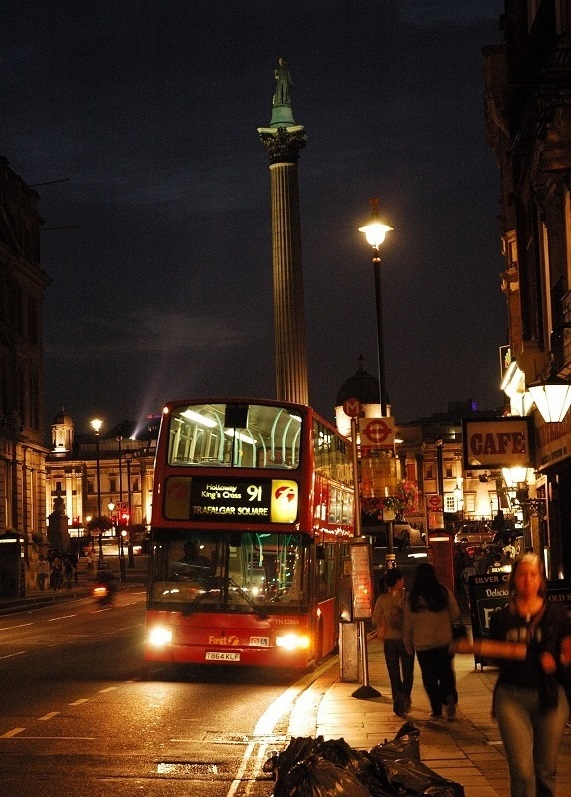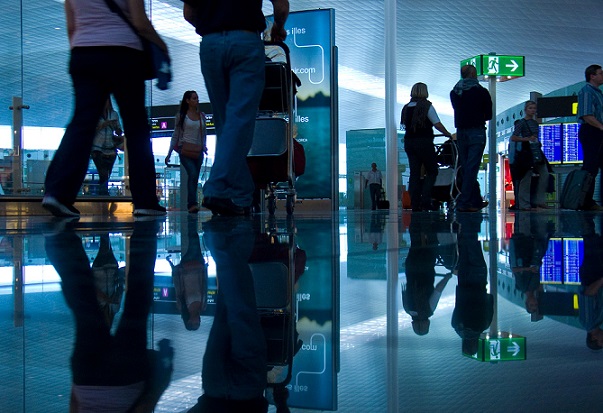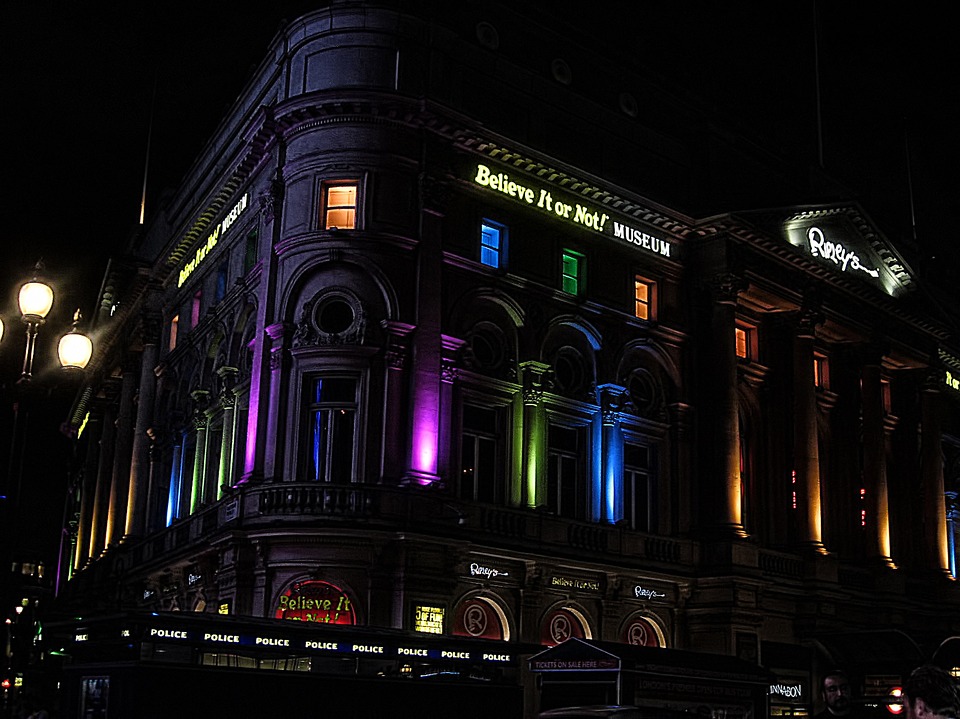You can hear them on the street, their parties are colourful and they like the British. Many don’t feel very integrated and also confess that they have suffered exploitation at work. Their accent gives them away, but so does their joy and optimism.
.
 Ramón Alabau
Ramón Alabau
.
For social, economic and/or political reasons, they decided to emigrate. They chose the UK as their destination for the opportunities for work and education. These are the conclusions from a study conducted by Queen Mary University, which investigated the motives and the position of Latin American immigrants in England. The report titled “No longer invisible”, an allusion to the few studies that have been done in recent years about the South American community living in London, has been written with advice from different organisations. The data is the result of more than 1,000 surveys and more than 50 interviews.
In terms of quantity, the number of citizens who live in the UK and who come from one of the countries in Latin America is subject to statistical estimates, as many of those who come from abroad are living here illegally. Because of this, the British Government calculates that there are between 700,000 and 1 million Hispanics who live in, or are visiting, the UK.
Considering country of origin, Brazilians are represented prominently, with 200,000 people. Following that are 140,000 Colombians, between 70,000 and 90,000 Ecuadorians, and between 10,000 and 15,000 Peruvians.
Stories of discrimination and exploitation stand out from the information collected in the report, which many have suffered, both in society and at work.
Behind every person there is a personal and singular history. However, the study reflects the fact that employment and economic motivation are the main reasons for Latin emigration to London.
Further, the high percentage of young people with student visas who arrive, driven by the education offered in the United Kingdom, is notoriously high.
The stereotypical international image of the United Kingdom remains set as a country where you can improve your English, achieve professional growth, win recognition at work and earn a better salary.
Carlos Zuruaga, a Colombian who has opened a restaurant in Brixton, confesses that the instability in his country led him to come to the British capital. “Fifteen years ago I emigrated to get ahead, over there the situation is difficult. I came to find a better future. With work and stability I got to own my shop, but at the beginning it was very difficult. You need money and I was lucky because before, I worked with a businessman in the hotel industry.”
A better life, a utopia
People come here from all corners of the world, Latinos among them. A population with customs, traditions and languages different to those native to the UK.
The English language is the principle barrier that immigrants have to overcome, in order to get a job with good working conditions and to be able to integrate into society.
 The economic differences and the deposit made in order to make the journey cause problems for many foreigners. Many become obligated to ask for help in order to be able to buy the plane ticket. Once here, help from their families is usually not enough.
The economic differences and the deposit made in order to make the journey cause problems for many foreigners. Many become obligated to ask for help in order to be able to buy the plane ticket. Once here, help from their families is usually not enough.
The pound is stronger than many foreign currencies. All of these factors together mean that foreigners are obligated to work in unqualified roles, with low wages.
Positions filled
The report has investigated the job roles filled by Latino immigrants. The high number of those who work who clean officers, houses or businesses, is something that stands out.
Yet above all, there is special emphasis on the fact that many people do not receive fair treatment or recognition from their employer. The investigation gives examples of exploitation and discrimination at work.
María, a Paraguayan who has decided to tell her story on a blog, confesses that she arrived “with many hopes and dreams. I started working 10-hours a day as a cleaner in the kitchen of a factory where I earned just enough to live and that way, little by little I managed to save a little bit of money to send home to my family.”
“It took me about a year to improve my English enough to get a job as a waitress in a little Italian restaurant in central Manchester. Life in England was and is still quite hard, and I don’t just mean the work, but life in general.”
The investigation conducted by Queen Mary University confirms that many Latinos who occupy these roles receive around £5.35 per hour, an amount lower than the £7.20 established by the campaign Living Wage (which campaigns for a fair wage to live on).
Many Latin Americans admit that they know of a case of exploitation at work, and admit that even they themselves have been victims. It is only in the second year when the immigrants become settled in the city and earn more money.
According to statements made by the co-author of the investigation “No longer invisible”, in comments communicated internationally, Cathy Mcllwaine,many Latinamericans “are middle class when they arrive in London and then leave this social status for that of simple labourers”.
The majority of the immigrants who move to London have studied the news and many of them understand that they will be living illegally in the UK. During 2006, there was a large influx of people arriving from the New World, but current policies on immigration have caused a decline in traffic.
Given the difficulty in gaining a British visa, many have arrived in the country as tourists, as in the case of many Bolivians, while Columbians and Ecuadorians have chosen other types of visa – for example, getting passports falsified in Spain.
To acquire this type of identity document on the black market costs between £700 to £1000.
Among the places with the largest Latin American presence in London is the South of the city. According to the surveys more than 50% of Latinos live there. To a lesser extent, and in descending order, the North, East and West, are the other zones that people select to begin a new life, far away from home.
Cathy confirms that around “45% of people don’t believe that they have a good standard of living”.
 “I miss my country”
“I miss my country”
For the people interviewed, when all things are considered independently of their current socio-economic situation, there is confirmation that they preferred their lives in their countries of birth.
Moreover, they say that they enjoyed “better standards of well-being, a fuller social life and, in terms of work, were more closely involved”. They miss the bonds of affection shared with their families. Zuruaga knows for certain that he will return to Colombia. “My idea is to work hard during the next few years, to save and to go back home with my family. Here the culture is different, I’ve never got used to the way the English do things. I always think about my people, my friends. Our character is very different. I help my compatriots now, I give work to Ecuadorians, to Spaniards.”
Other cases are different, as told to The Prisma by Wilson Porras, a Venezuelan who has lived in London for 15 years. “Personally, I don’t feel Venezuelan but I don’t feel British either. I feel in-between. I take the best things from both countries.”
“Besides being fluent in English, I work like a Brit, more strictly and more regularly. But I still keep my Latin character, I still have my jokes. I went back to my country two years ago, but I realised that my life is here”.
(Translated by Daniela Fetta) – Photos: Pixabay














.jpg)












